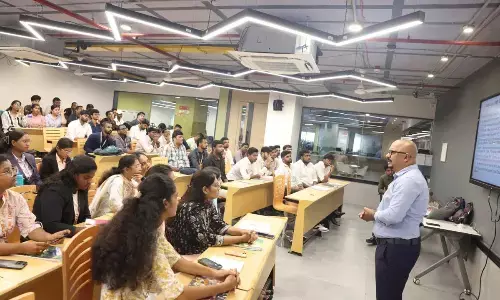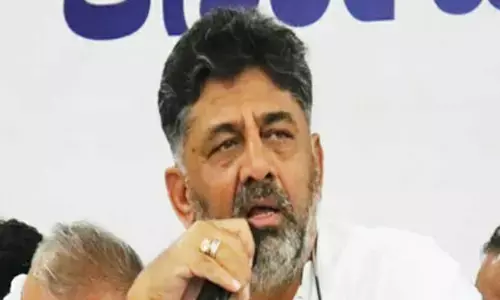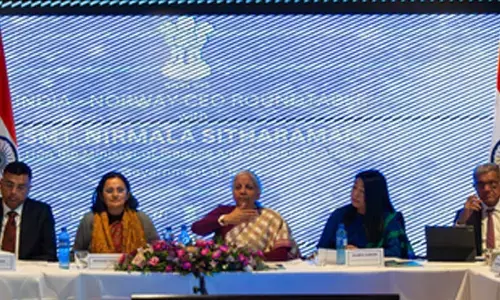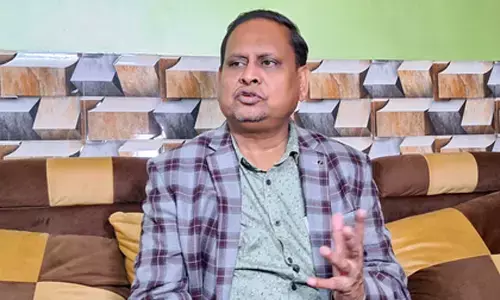Making genetic screening compulsory

Recently the Central Government has prepared a draft policy proposing compulsory genetic screening of all pregnant women to prevent inherited disorders such as Thalassemia and sickle cell anaemia
Recently the Central Government has prepared a draft policy proposing compulsory genetic screening of all pregnant women to prevent inherited disorders such as Thalassemia and sickle cell anaemia.
The draft policy titled, “Policy For Prevention and Control of Hemoglobinopathies–Thalassemia, Sickle Cell Disease and variant Haemoglobins In India” is out on the ministry’s website and various stakeholders in the system have the opportunity to post comments and pass on suggestions before August 30.
“This is recommended for all pregnant mothers based on automated red cell counts with confirmation by HPLC analysis for Hb A2 and other haemoglobin variants. For women identified to be carriers, their husbands will be screened and in couples where both the partners are carriers, prenatal diagnosis will be offered to ensure that they have a baby unaffected with a clinically significant hemoglobinopathy,” the draft reads.
What is genetic screening
Genetic testing if done in pregnancy can help in preventing many inherited diseases. Genetic testing can also help the couples to determine whether they are the carriers of some diseases that can be genetically passed. This way the couples have an option to take decisions regarding conception and pregnancy.
Importance of genetic screening
Pregnancy constitutes giving birth to a new life and the parents of the new born are responsible for providing it with a healthy and fulfilling life as far as possible. Dr Prameela Shekar, Gynaecologist says, “Genetic screening is nothing but the double marker, triple marker and positive marker testes, it detects any genetic disorder by birth or any abnormality by birth.”
Yet another gynaecologist Dr Priyamvada Reddy, Apollo Hospitals, stresses on the importance, “Genetic screening has to be done for every couple. Where they have consanguinity, or they don’t have consanguinity, whether they are of younger age or older age group, for every patient its mandatory to have genetic screening.” Asma Begum, (name changed) from Hyderabad, who visits Red Cross Blood Bank, Vidhya Nagar for her first child, who is a Thalassemia patient says, “My first child is a Thalassemia patient. I and my husband are carriers, and we were not aware of genetic screening at the time of our marriage. And today, in every 15 days my child needs blood.”
It’s a good move by government
It is a good and a healthy move by the government towards advanced diagnostics and targeted treatments, and children can benefit from timely interventions and gene-targeted treatments. And parents can decide and plan accordingly. To live a quality of life this genetic screening during pregnancy is important. “It’s a good move by the government. Rather then feeling bad after the baby is born one should go for screening to avoid these diseases. It’s a kind of chance to the parents,” says Dr Prameela.
There are so many genetic disorders not only Thalassemia, Sickle Cell Disease but to avoid all genetic disease it’s a good move, by the government,” says Dr Priyamvada.
There are cases when parents aborted their babies when they accidentally conceived as they feared the genetic transmission of disease. They did not know about genetic screening. “I aborted my second child because I was not aware of genetic screening at that time and I conceived my third child after screening. And she is a healthy baby .If the government made it mandatory it’s good decision,” says Asma.









